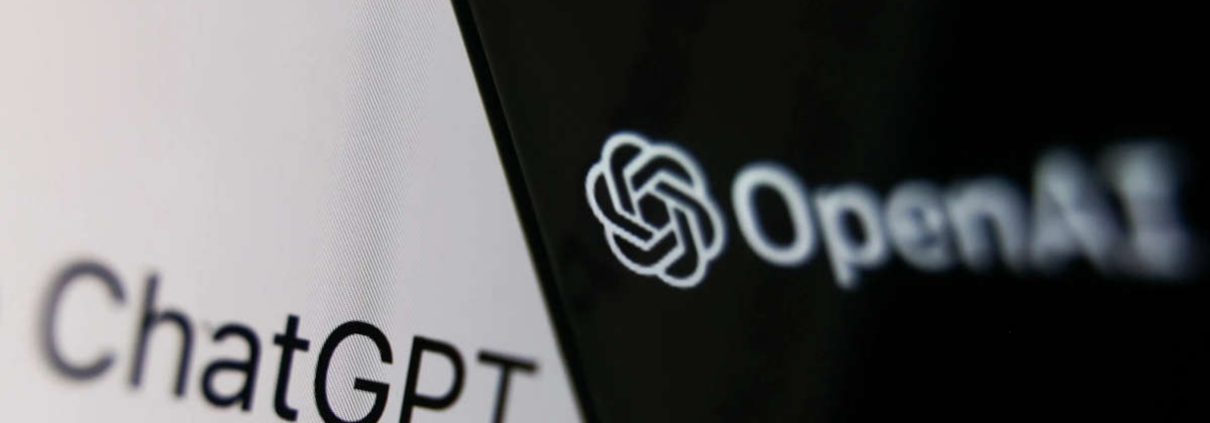Is the Threat of Lawsuits Against Powerful AI Tools Like ChatGPT a Good Thing?
By CHHS Extern Daniela Eppler
Since the launch of ChatGPT in November 2022, people’s interest in artificial intelligence (AI) has been heightened. There has been excitement surrounding the capabilities of powerful AI tools and their ability to contribute to innovations across industries, such as enhancing telemedicine, improving customer service, and predicting passenger demand to optimize public transportation schedules. This excitement has also been coupled with concerns about potential threats to cybersecurity and national security, particularly related to relying on AI generated information and data privacy risks. The undeniable potential of ChatGPT and similar AI tools like it in fields like scientific research, business, and intelligence analysis has sparked interest around the world. Although the power and novelty of these tools may be overwhelming and alarming for some, they are the future and hold the key to unlocking previously unobtainable innovations.
Despite this excitement, a California law firm recently filed a class-action lawsuit against OpenAI over their use of people’s data to train the chatbot, ChatGPT. The lawsuit claims that OpenAI violated the rights of millions of internet users by using their publicly available internet data without consent to create the bot and to generate large profits. Specifically, while OpenAI is projected to reach $1 billion in revenue by the end of 2023, the lawsuit claims that ChatGPT relies on the consumption of “billions of words never signed off on” by the owners. Companies like Google, Facebook, Microsoft have taken similar actions to train their own AI models, but OpenAI is the only company currently facing legal action. Larger technology companies, like Facebook, have faced recent lawsuits concerning their deception of users in their ability to control the privacy of their personal information shared with the company. However, the question remains whether people should be concerned about AI companies using publicly available data to develop powerful tools and generate large profits. AI developers have argued that their use of data from the internet should fall under the “fair use” exception in copyright law. The class action lawsuit will largely be centered around whether the use of the data meets the requirements for “fair use”.
As we await the outcome of this lawsuit, it is important to consider the implications of restricting AI developers’ access to publicly available internet data for the development of AI tools. Despite the disruptive nature of the release of tools like ChatGPT, it is difficult to deny the endless pathways for advances that have been unlocked across various industries, like the acceleration of drug discoveries and early disease detection in the health industry, improved fraud detection and faster and more accurate trade executions in the finance industry, and supply chain optimization and product defect detection in the manufacturing industry, to name a few. AI tools directly rely on ingesting huge volumes of complex data and without access to the volume and diversity of publicly available internet data, it is likely that their capabilities would be curtailed. Although copyright and privacy issues are important, it is essential to consider the implications of stifling the development of AI tools like ChatGPT and impeding the development of similar tools in the future.



